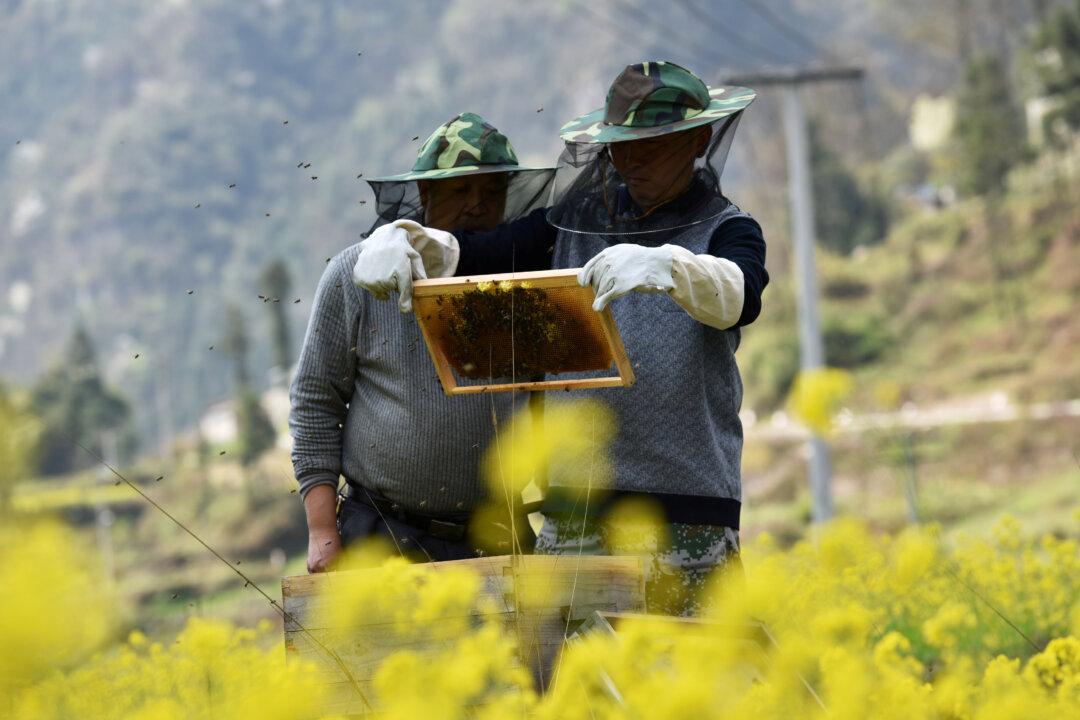BEIJING—Beekeepers in China, the world’s top honey producer, are bracing for a bleak start to the key spring pollinating season as travel curbs aimed at containing a coronavirus outbreak keep them at home while their bees go without food for weeks.
Jue, a beekeeper from Xinjiang in northwest China, said he has not slept for days, worrying about his 300 beehives that are stuck in wooden boxes about 200 miles from where he has been confined due to the curbs.





